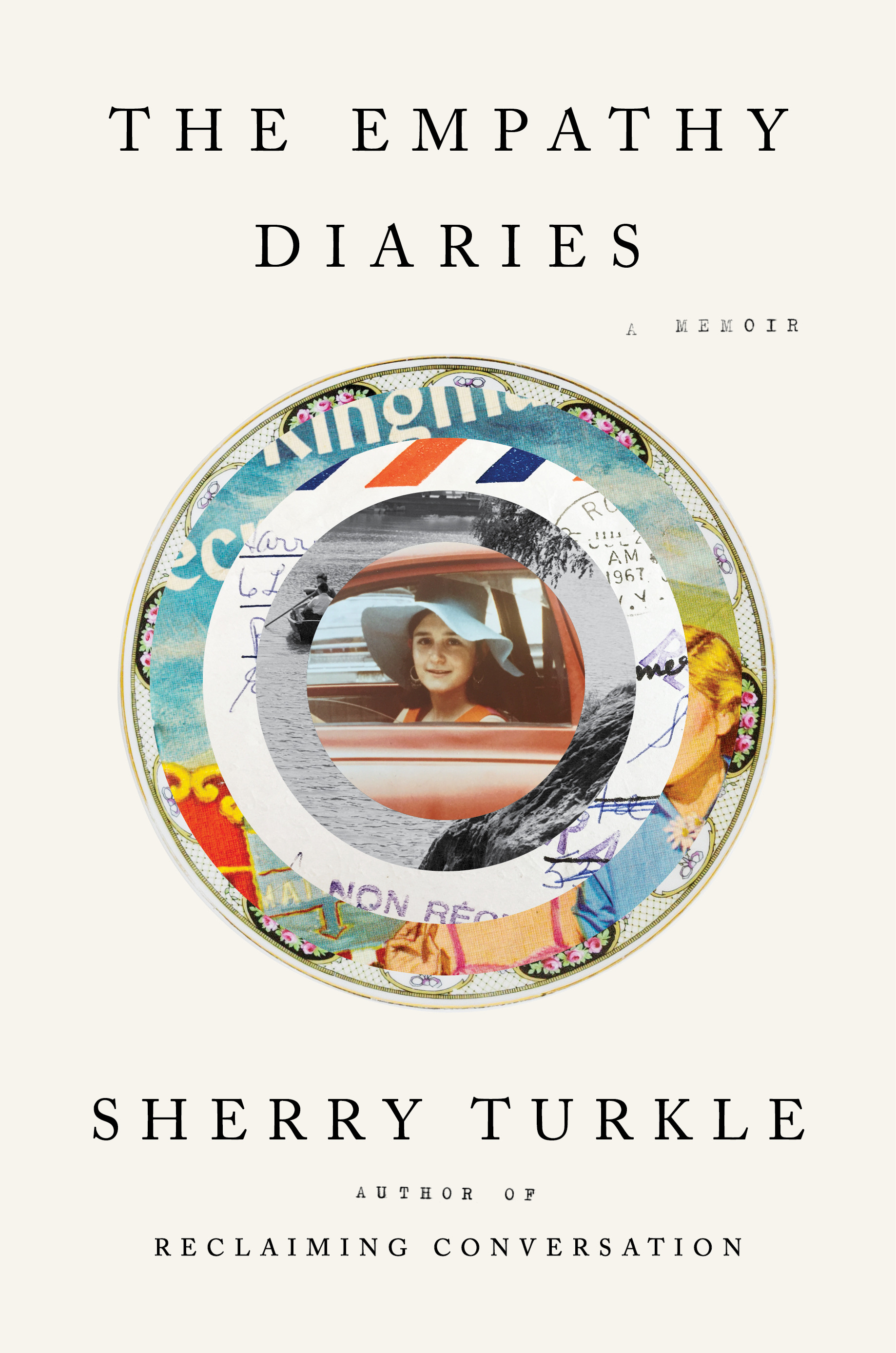I was coming out of the coffee shop in Radcliffe’s Hilles Library when one of the freshmen in Bertram Hall approached me. My aunt Mildred had called the dorm. She said that my mother was in Brooklyn Hospital and I should come home. There was no way to reach my aunt; she was at the hospital. My instructions were simply to go immediately to the hospital. Within hours, I was in its dark entry.
It was January, but the hall was parched with dry New York radiator heat. When I told the receptionist my name, I was given a pass and I signed a logbook. The nineteenth-century building was run down. The moldings were ornate, but sometimes they ended abruptly where large pieces had fallen off.
I had the sense of arriving too late.
* * *
After my mother died, with my grandparents and aunt, it was decided that I would spend a year far away from my stepfather. He had not wanted me to return to school. They wanted me near them but they liked the idea of my being as far from him as possible.
In Paris, I found a place to live with Les Dumas, an elderly couple, who lived in a large apartment on the second floor of 70 rue du Bac.
Madame Dumas asked if I knew how to clean. “Nous avons besoin d’une femme de ménage, quelques heures par jour.” Madame Dumas was clear. Housekeeper. A few hours a day. I said that was perfect and smiled. My grandmother had taught me to clean. “Ma grand-mère m’a bien appris.” Another big smile. This was the opposite of the truth.
The question was how soon I would be found out as a fraud.
On my first day of work, I used too much product on the floors, and my circular buffing was leaving white-gray streaks. I re-rinsed and made the back-and forth-motions, le frottage, that Madame Dumas had demonstrated. She was patient but obviously disappointed that my grandmother had not adequately covered this territory.
But I had completed only one room, barely. Madame Dumas said we would continue tomorrow and on Wednesday, faire les vitres.
Faire les vitres. I knew what that was. Wash the windows. How was that possible? Once a year, my grandmother called a window washer who dangled outside our apartment building on a harness.
My next stop was the post office—the only place where I could make a telephone call. My grandmother answered her phone. All at once, I felt ready to end my adventure.
Sherry, are you sick?
Nothing is the matter. I just have a question.
Here I am sure my poor grandmother was certain I was pregnant or in an emergency room.
I had to act quickly, or I would terrify her.
Grandma, actually, I have a job doing a bit of cleaning.
Cleaning what?
House, in exchange for a beautiful room in Paris, right next to school.
There was silence. I knew that part of her was proud of me. And part of her was shocked. Her precious grandchild, the Radcliffe student, was cleaning floors.
I’m calling for your advice. Only you can help me.
I had her attention.
Grandma, how do you clean windows if you don’t have Windex?
No hesitation.
With vinegar and newspaper. You rub the vinegar in with the newspaper. And then you take clean newspaper and rub.
Vinegar. Newspaper. Apply vinegar with newspaper. Discard that newspaper and rub clean with fresh newspaper.
Yes.
Grandma, I love you. Please don’t worry about me. I have a great room.
Sherry, don’t clean the outside of the windows!
I promise. I love you.
I love you.
Just writing this, recalling this, I miss her so. I miss our intimacy—she sent me Flatbush Avenue–discount–store panty hose to Paris, three for a dollar. She was proud that she and I knew how to show a pair of fine leather gloves. And despite her years of trying to protect me from this moment, I like to think she was happy that she could help me clean a window without Windex.
On Wednesday, I marched into the Dumas kitchen and, as they say in French, mine de rien (with the air of its being nothing at all) asked for vinegar and newspaper. Madame Dumas looked relieved.
Time passed. I observed myself. I now could speak for hours in French about my life as a French-speaking woman who was a part-time student and part-time maid, and who had adopted a swept-back chignon because that kind of hairstyle didn’t have to be washed (or put into curlers!) every night. I think of her as my avatar, French Sherry. She was me, or perhaps a braver incarnation than the Sherry I had left at home. The French language, with its cadences and shrugs, seemed to help her along in the development of a certain insouciance. When I had my down moments—English-speaking Sherry was prone to them—French-speaking Sherry seemed able to summon new resources.



